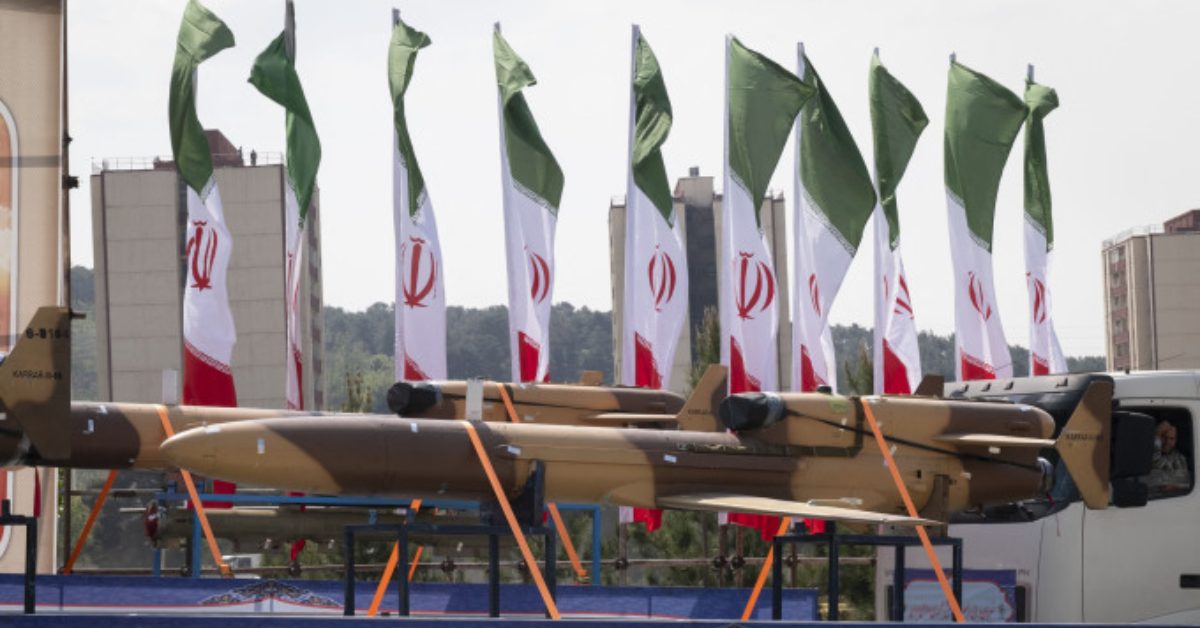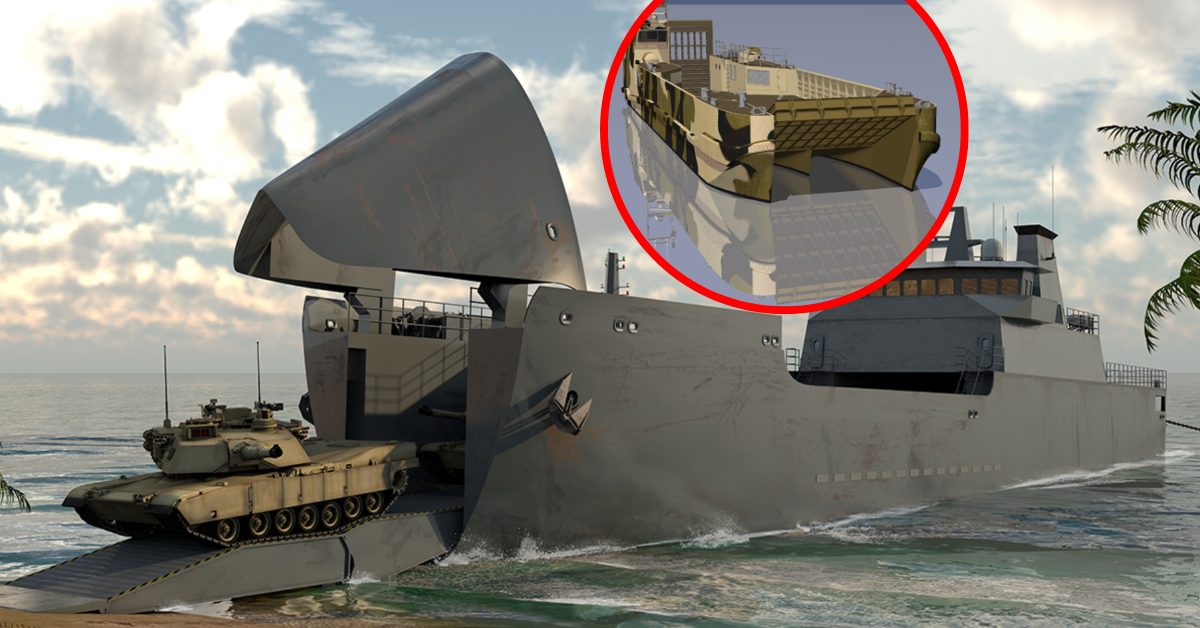Over the weekend, Israel was attacked by Iran with an unprecedented bombardment of missiles and attack drones. To repel this attack, the United States military provided a number of ships, aircraft, and weapons.
The Iranian attack on Saturday was the first direct military assault on Israel in decades, despite decades of animosity stemming from the country’s 1979 Islamic Revolution. It came less than two weeks after a suspected Israeli strike in Syria that killed two Iranian generals in an Iranian consular building.
:quality(70)/cloudfront-us-east-1.images.arcpublishing.com/archetype/MUW7K5R5LFBLZABKNXL4GJVCPE.jpg)
One of two American warships that assisted in thwarting Iran’s strike on Israel on Saturday was the destroyer Carney of the Navy. Last week, the ship sailed from the Middle East into the Mediterranean Sea. Here, it is seen passing through the Suez Canal.
Over the weekend, Israel was attacked by Iran with an unprecedented bombardment of missiles and attack drones. To repel this attack, the United States military provided a number of ships, aircraft, and weapons.
The Iranian attack on Saturday was the first direct military assault on Israel in decades, despite decades of animosity stemming from the country’s 1979 Islamic Revolution. It came less than two weeks after a suspected Israeli strike in Syria that killed two Iranian generals in an Iranian consular building.
An Israeli military spokesman said that 99% of the drones and missiles launched by Iran were intercepted.
Part of that success rate had to do with the U.S. forces who aided the Israelis in taking out the airborne threats.
From the Mediterranean Sea, the Navy destroyers Carney and Arleigh Burke shot down multiple ballistic missiles in the attack, according to a defense official and media reports.
Carney has become a workhorse of the Navy in recent months and has been crucial to shooting down missile and drone attacks over the Red Sea sent by Iran-backed Houthi rebels in Yemen since October.
The ship left the Middle Eastern waters of U.S. Central Command earlier this month and entered the Mediterranean. Officials at the time declined to say why it was on the move.
Meanwhile, White House officials confirmed that the Air Force’s 494th and 355th fighter squadrons also played a role in Israel’s defense, racking up dozens of aerial takedowns.
President Joe Biden reached out to the squadrons to personally express his thanks for “their extraordinary airmanship and skill that was displayed throughout this multi-hour engagement.”

A Patriot missile defense battery based in Irbil, Iraq, also shot down Iranian weapons, officials told journalists.
This weekend’s attack came not only from Iranian territory, but also from proxies in Iraq, Syria and Yemen, officials said.
What comes next remains unclear.
Iran had about 150 ballistic missiles capable of reaching Israel from Iranian territory, and appears to have used up most of that current stockpile in its weekend attack, retired Gen. Frank McKenzie, the former head of U.S. Central Command, said Monday.

McKenzie discussed the attack in a panel discussion with the Jewish Institute for National Security of America, a Washington-based think tank and lobbying group.
McKenzie argued that Iran’s expenditure of those 150 long-range missiles, out of a total ballistic missile stockpile of about 3,000, showed that Iran’s barrage on Israel “was a maximum effort. It was an indiscriminate effort.”
The U.S. and its partners in the region are easily able to track when Iran brings its ballistic missiles out of storage and positions them on launch pads, he said.
:quality(70)/cloudfront-us-east-1.images.arcpublishing.com/archetype/WOE7VXPIGRGXDDP3QJQ7KTKSUQ.jpg)
A model of a missile is carried by Iranian demonstrators during an anti-Israeli gathering at the Felestin (Palestine) Square in Tehran, Iran, Monday, April 15, 2024.
When Iran launches, deep space sensors detect that immediately, he said. Radars in the region then catch when any missiles break the radar plane, he said.
Especially given the distance involved, “it is hard for Iran to generate a bolt from the blue against Israel,” McKenzie said.
World leaders are urging Israel not to retaliate after Iran launched an attack involving hundreds of drones, ballistic missiles and cruise missiles.
British Foreign Secretary David Cameron told the BBC on Monday the U.K. does not support a retaliatory strike, while French President Emmanuel Macron said Paris will try to “convince Israel that we must not respond by escalating.”







